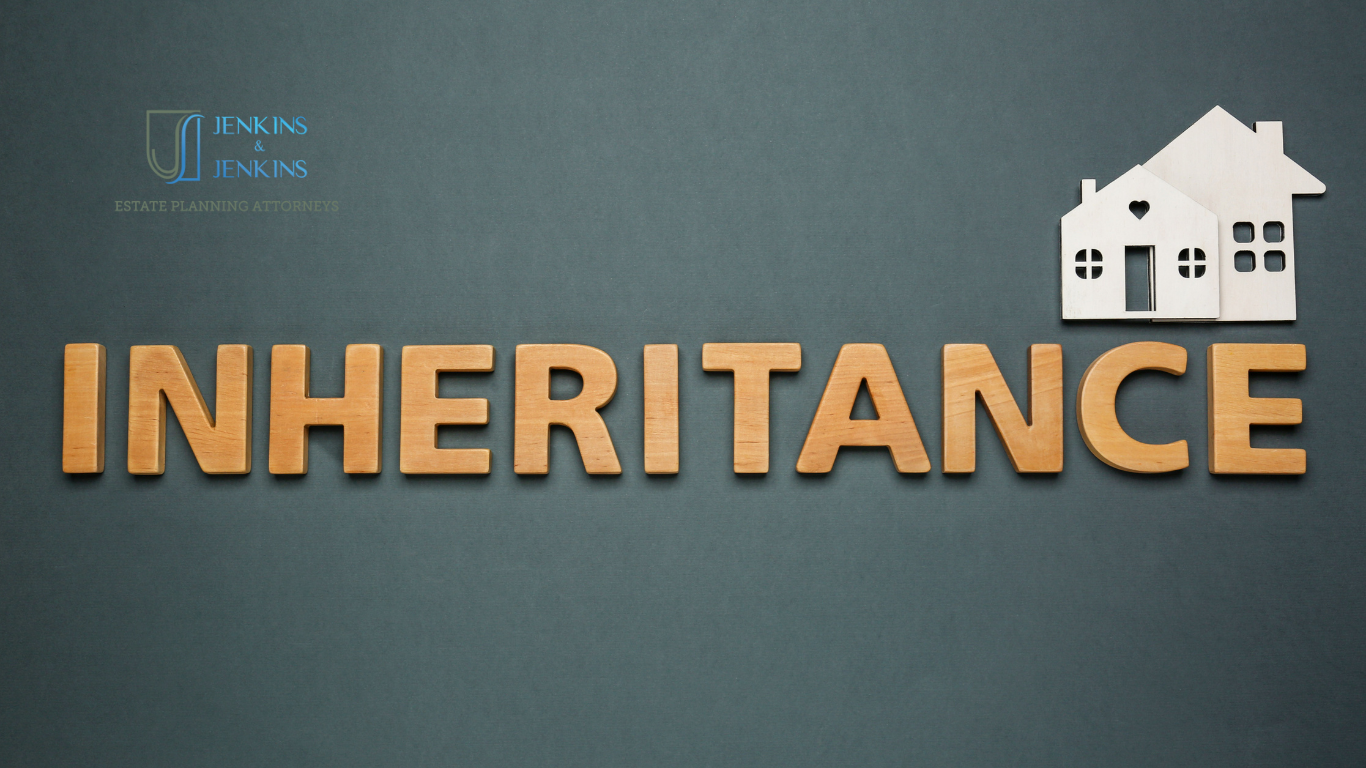If you’re one of the many individuals who find themselves “sandwiched” between raising children and caring for aging parents, you know how overwhelming and complex this stage of life can be. As a caregiver, you’re juggling a lot of responsibilities—and on top of everything else, it’s important to think ahead and ensure that your aging parents have their estate planning in order. Having the right legal documents in place can help prevent confusion, stress, and potential conflict in the future.
If you’re not sure where to start, don’t worry. Here’s an essential guide to help caregivers understand the key estate planning documents and strategies needed to protect their aging parents’ future and ensure they can make the right decisions when it matters most.
1. Power of Attorney: Giving the Right Person Control
One of the most important estate planning documents for caregivers is the Power of Attorney (POA). This legal document allows someone—usually a trusted family member or close friend—to act on behalf of another person in legal and financial matters. There are two main types of POA that can help in this context:
- Durable Power of Attorney (Financial): This grants the person you choose the authority to manage your parent’s finances, including paying bills, managing investments, and handling other financial matters. If your parent becomes incapacitated or is no longer able to manage their own finances, the designated person can step in and take over.
- Durable Power of Attorney (Health Care): This allows the person you designate to make medical decisions on behalf of your parent if they become incapacitated and are unable to make decisions for themselves. It’s important to talk to your parent about who they trust to make healthcare decisions and ensure this document reflects their wishes.
Having a Power of Attorney in place gives you, as a caregiver, the legal authority to act on behalf of your parent, ensuring that their financial and healthcare needs are managed when they’re unable to do so.
2. Advance Healthcare Directives: Outlining Medical Wishes
Another essential estate planning document for aging parents is an Advance Healthcare Directive, also known as a Living Will or Healthcare Proxy. This document outlines your parent’s wishes regarding medical treatments and end-of-life care. It includes instructions about what types of medical treatments they want (or don’t want) in situations where they’re unable to communicate those wishes themselves.
For example, your parent may have strong feelings about whether they want to be placed on life support or whether they would prefer hospice care. An Advance Healthcare Directive allows them to outline these preferences ahead of time so their wishes are clear to doctors and family members. It can also designate someone to make decisions on their behalf if they’re unable to do so.
This document is crucial for ensuring that your parent’s healthcare decisions align with their values and desires, while also helping you, as a caregiver, avoid difficult decisions during times of emotional stress.
3. Will or Trust: Planning for the Distribution of Assets
While it’s important to have a Power of Attorney and Advance Healthcare Directive, your parent’s Will or Trust is equally critical. This document outlines how their assets will be distributed after their death, and it names an executor or successor trustee who will be responsible for managing and distributing the estate.
- Will: A will is a legal document that details how your parent’s property, assets, and belongings should be distributed after their death. It also allows them to name guardians for minor children (if applicable) and designate a personal representative to manage the estate.
- Living Trust: A living trust can help your parent’s estate avoid probate, the lengthy and costly legal process through which a will is validated. It also allows for the smoother transfer of assets to beneficiaries. A trust is particularly beneficial if your parent has a significant amount of assets or if they want to maintain privacy around the distribution of their estate.
Having a clear and updated Will or Trust is essential for ensuring that your parent’s wishes are followed after their passing and that the estate is handled efficiently.
4. Organizing Important Documents
As a caregiver, part of your role is helping your aging parent organize and keep track of their important legal and financial documents. It’s essential that all estate planning documents, as well as other key records, are easily accessible to you or another trusted family member.
Create a central file or digital folder that includes:
- Power of Attorney documents (both financial and healthcare)
- Advance Healthcare Directive
- Will or Trust documents
- Life insurance policies
- Property deeds and titles
- Bank and investment account information
- Medical records and history
Having everything organized and accessible will allow you to act quickly and efficiently when needed, and it will ensure that no important document gets lost or overlooked during an already challenging time.
5. Regularly Reviewing and Updating Documents
It’s not enough to simply create estate planning documents—these documents need to be reviewed and updated regularly. Major life events, such as health changes, moving to a new state, or changes in financial status, may necessitate updates to your parent’s estate plan.
As their caregiver, you should stay involved and help ensure that the estate plan reflects their current wishes. Regular reviews also help ensure that the person named in the Power of Attorney, healthcare directives, and other roles are still appropriate.
6. Start the Conversation Early
Starting the conversation about estate planning with your aging parents may feel awkward or uncomfortable, but it’s an essential step in ensuring their wishes are carried out. Many people avoid discussing these topics, but having open, honest conversations about their health, finances, and plans for the future can provide peace of mind for both you and your parent.
You don’t need to have all the answers, but gently encourage them to think about and document their wishes. The more prepared you are now, the smoother the process will be when a decision needs to be made.
How Jenkins & Jenkins Can Help
At Jenkins & Jenkins, we understand the challenges caregivers face and the complexities of estate planning for aging parents. Our team of experienced attorneys is here to help guide you through the process, from drafting important documents like Powers of Attorney and healthcare directives to organizing your parent’s estate plan.
If you’re unsure where to start or need help creating a comprehensive plan, reach out to us. We’ll take the time to understand your family’s needs and work with you to ensure your parent’s wishes are fully protected.
Contact us today to schedule a consultation and take the first step toward securing your parent’s future and your peace of mind.






